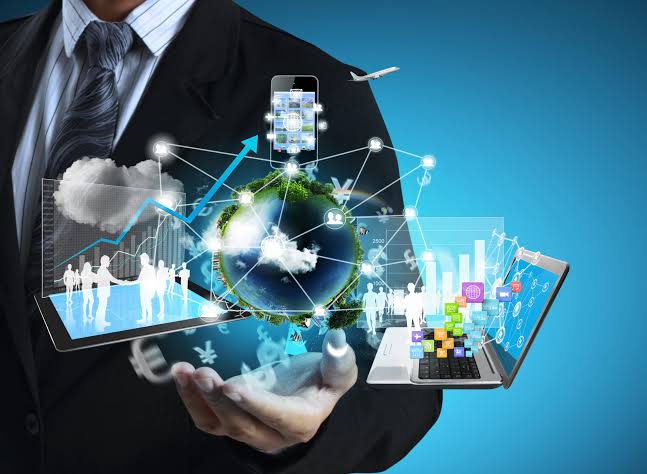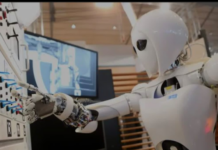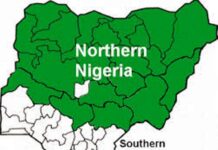
Understanding Tech Skills For Economic Empowerment, by Abbas Badmus
The term digital technology encompasses a dizzying array of technologies and their applications. This includes artificial intelligence (AI), the internet of things (IoT), augmented and virtual reality, cloud computing, blockchain, robotics, autonomous vehicles and many others.
But the first step is to get clear understanding or clarity on some digital technology terminologies:
Blockchain
A blockchain is essentially a digital ledger of transactions that is duplicated and distributed across the entire network of computer systems in a way that makes it difficult or impossible to hack, change or cheat the system.
Financial institutions, agrictech and fintech platforms such as Amazon, Paystack, Farm crowdy, Agricstrive, Jumia, Flutterwave e.t.c operate on the principle of Blockchain.
Artificial intelligence (AI)
refers to the simulation of human intelligence in machines that are programmed to think like humans and mimic their actions. The term may also be applied to any machine that exhibits traits associated with a human mind such as learning and problem-solving.
All e-learning and problem-solving Apps are categorized under Artificial intelligence.
Read Also:
Cloud Computing
Cloud computing is the delivery of different services through the internet. These resources include tools and applications like data storage, servers, databases, networking, and software.
Google drive, Zoom, Youtube, Facebook, Twitter, Instagram, Telegram e.t.c are all examples of cloud computing.
Internet of Things (IoT)
The Internet of things describes the network of physical objects (things) that are embedded with sensors, software, and other technologies for the purpose of connecting and exchanging data with other devices and systems over the internet.
Digital technology skills are now recognised to include all parts of the skills that exploit technological innovation that leads to the transformation of markets, business models and day-to-day operations of businesses.
Therefore, digital technology covers everything from traditional technology, media and telecoms sectors to new and emerging digital sectors. These include e-commerce, digital banking, and even “traditional” sectors like agriculture or mining or manufacturing that are being affected by the application of emerging technologies.
Understanding these dynamics has become non-negotiable. Digital technology skills will soon become ordinary skills as the uptake and application of digital technologies in every sector in the world grows.
Digital technology skills are here to stay with us. Yet the boundaries between “digital” and “traditional” are blurring as technological change permeates every facet of modern life. Therefore, we all need to understand the nature of this change to be able to respond at every level for economic empowerment.
Abbas Badmus is with Techdigest.ng


































